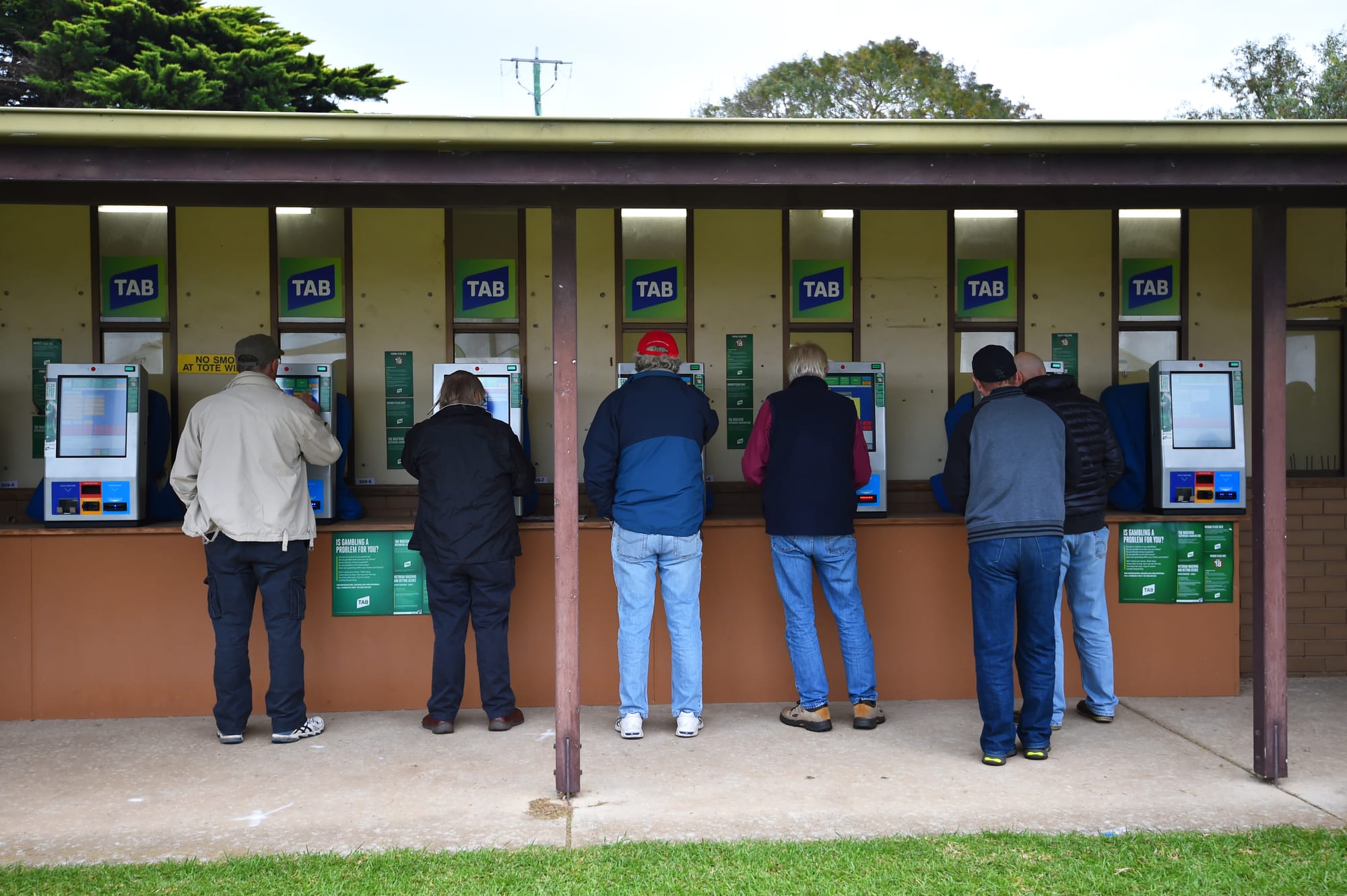Cash betting remains a money laundering concern for AUSTRAC
AUSTRAC has listed Australia’s betting agencies and corporate bookmakers as having medium vulnerability to money laundering, with specific concerns expressed around cash-betting and electronic betting terminals.

Australia’s federal financial crimes watchdog, AUSTRAC has this week released two risk assessments relating to money laundering and terrorism financing in Australia.
Australia’s regulated wagering market was specifically highlighted as part of the assessment of the gambling sector in regards to money laundering.
Casino betting was listed as a high risk of money laundering, with the report saying that “casinos continue to be exploited for large-scale money laundering by sophisticated criminal entities and small-scale opportunistic offenders”.
However, AUSTRAC also identified the risks that wagering generated by betting agencies and corporate bookmakers, worth $6.5 billion a year, also has in this regard. It said the size and ubiquitous nature makes it vulnerable to those looking to launder proceeds of crime.
“Domestic wagering platforms are very accessible and easy to use. Mobile applications and the internet now dominate how customers interact with domestic betting agencies and corporate bookmakers, meaning minimal face-to-face interaction,” the report said.

AUSTRAC said that while detection of money laundering activities in this area was relatively low compared to other gambling channels, it had identified several money laundering strategies employed in this area.
These included the use of third-party betting accounts, also known as ‘bowler accounts’, cash wagers through electronic betting terminals and retail betting outlets and the use of arbitrage betting strategies to minimise losses.
“Betting agencies and corporate bookmakers will continue to pose a medium money laundering vulnerability over the next three years,” the report said.
“These entities are very dynamic, have a high-risk appetite, and provide a service that has historically been exploited by criminals. Cash betting through EBTs will almost certainly remain a specific point of vulnerability and exploitation in the broader bookmaking sector.”
Elaborating further on the vulnerability of cash betting, the report said monitoring of that avenue of wagering remained difficult.
“Cash betting is exploited by professional gamblers and criminals alike and remains difficult to disrupt. It carries higher money laundering vulnerability compared to account-based betting offered by corporate bookmakers,” it said.
“Specific vulnerabilities include ease of use and challenges in monitoring and oversight of bets, particularly when EBTs are used to place and settle wagers. Common methodologies to launder funds include structuring cash bets through EBTs and payouts structured to remain under-reporting thresholds.”
Tabcorp was forced to stop taking cash betting on unsupervised electronic betting terminals in Victoria in January this year, impacting 70 per cent of machines. Those machines can now only take pre-paid vouchers previously secured by face-to-face transactions.

That specific case was precipitated by a minor who was found to have bet on terminals over a 17-month period. Tabcorp was subsequently fined for those infractions.
On-course bookmaking was also classified as a medium risk, but the instances of it is declining. AUSTRAC released a report on this in 2018 which identified a significant decline of money laundering activity in the on-course bookie sector since 2008

Advertisement
The latest report also pointed to online offshore gambling as having medium and stable vulnerability to money laundering. AUSTRAC identified that unregulated market as representing about $1.1 billion annually from Australian customers.
“Many offshore online platforms have absent or illusory AML controls. They also contravene Australian legislation by offering gambling services to Australians in the absence of a domestic licence,” the report said.
“This sector will remain vulnerable to money laundering, given the opacity of their settlement channels, their accessibility and their capacity to move funds between parties at scale.”
“However, it will likely not be as attractive as other gambling channels to money launderers because of the required level of sophistication and specialist knowledge and skills required.”
AUSTRAC CEO Brendan Thomas said money laundering was a massive aspect of criminal activity. The Australian Criminal Intelligence Commission recently identified that the illicit drug market in Australia is worth $12.4 billion a year.

“This money then needs to be laundered through the Australian economy, every single year,” Thomas said.
“And that’s only one type of crime driven by Australian organised crime groups. The exploitation of digital currencies is increasing. This helps criminals move funds quickly, cheaply and with what they perceive as a degree of anonymity.
“Crimes like money laundering and terrorism financing erode trust in Australia’s financial system and the security of the Australian population. Criminals might be persistent, but so are we.”
Gambling activities were listed as low risk by AUSTRAC when it came to being involved in terrorism financing.







